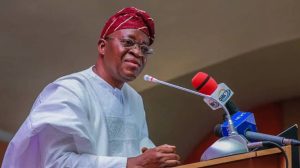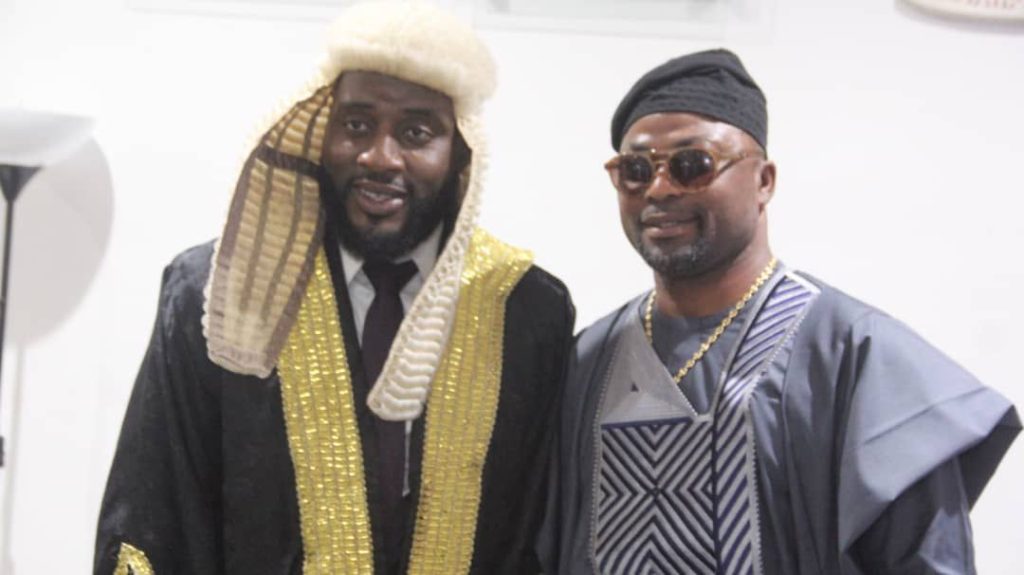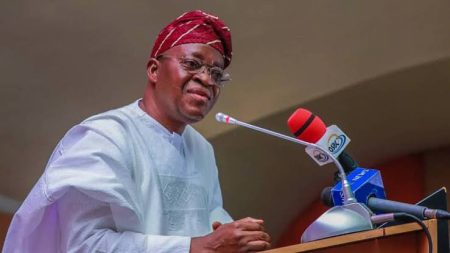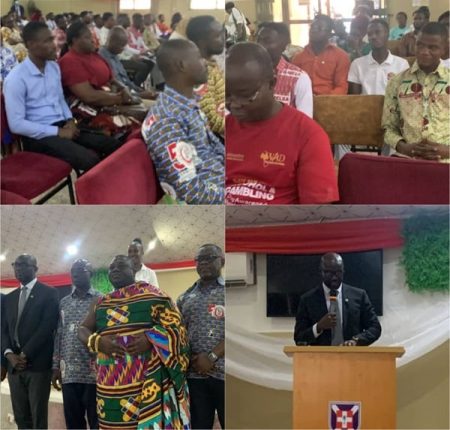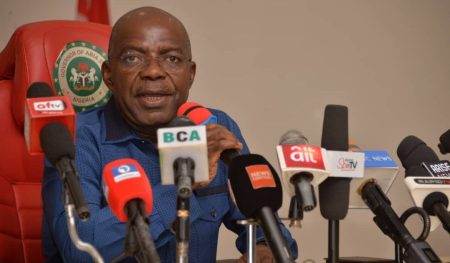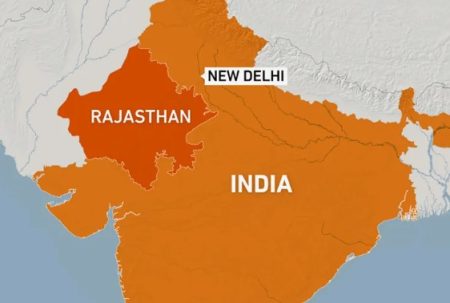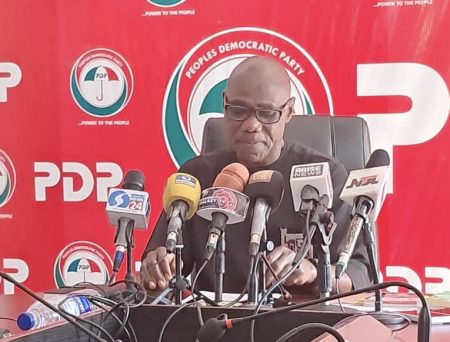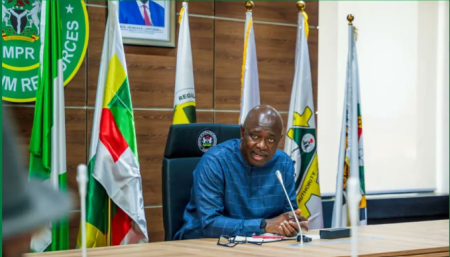The recent installation of Oba Samuel Adegbola as the Eleruwa of Eruwa, a town in Ibarapa East Local Government Area of Oyo State, Nigeria, has sparked controversy and tension within the community, particularly within the Laribikusi Ruling House. Prince Adeyemi Akinrinade, a prominent Oyo prince and contestant to the throne nominated by the Omoni Royal Family of the Laribikusi Ruling House, has issued a public appeal for peace and reconciliation in the wake of the installation. Akinrinade’s appeal comes amidst claims of forceful installation and procedural irregularities, raising concerns about the potential for further discord and unrest within the ancient town.
The controversy surrounding the Eleruwa throne stems from a perceived disregard for the traditional rotational system of succession. According to reports, the Laribikusi Ruling House believes it was their turn to produce the new Eleruwa. They contend that the installation of Oba Adegbola circumvents this established tradition and disenfranchises their right to ascend the throne. The forceful nature of the installation, as alleged by the Laribikusi Ruling House, has further exacerbated the situation, creating a sense of injustice and fueling resentment within the community.
Akinrinade’s appeal for peace emphasizes the importance of unity and stability within Eruwa. He urges all members of the Omoni Royal Family and the Laribikusi Ruling House to prioritize the overall development of the town and avoid any actions that could further escalate tensions or disrupt the peaceful coexistence within the community. He acknowledges the potential for heightened emotions and the possibility of reprisal actions following the controversial installation. By calling for restraint and peaceful dialogue, Akinrinade seeks to prevent any further escalation of the conflict and preserve the social fabric of Eruwa.
The selection process for the new Eleruwa appears to have been marred by irregularities and a lack of transparency. According to Prince Akinrinade, the installation of Oba Adegbola was orchestrated to specifically exclude the Laribikusi Ruling House from the selection process, a claim that underscores the deep-seated divisions and power struggles within the community. This perception of manipulation and unfairness has fueled the dissent within the Laribikusi Ruling House and contributed to the overall tension surrounding the installation.
The controversy surrounding the Eleruwa throne highlights broader issues of traditional governance and succession in Nigeria. The adherence to traditional customs and practices, especially in matters of chieftaincy, often clashes with modern legal and political processes, creating complex situations that require careful navigation and negotiation. The Eruwa case exemplifies the challenges faced by communities in balancing tradition with the need for fairness, transparency, and inclusivity in leadership selection.
The call for peace by Prince Adeyemi Akinrinade underscores the urgent need for dialogue and reconciliation within the Eruwa community. Addressing the underlying grievances of the Laribikusi Ruling House and ensuring a fair and transparent process for future selections will be crucial for restoring harmony and fostering lasting peace in the ancient town. The situation requires the intervention of relevant authorities and stakeholders to mediate between the aggrieved parties and facilitate a peaceful resolution that respects both tradition and the principles of justice and fairness. A failure to address these issues effectively risks prolonging the conflict and undermining the stability of the community.




